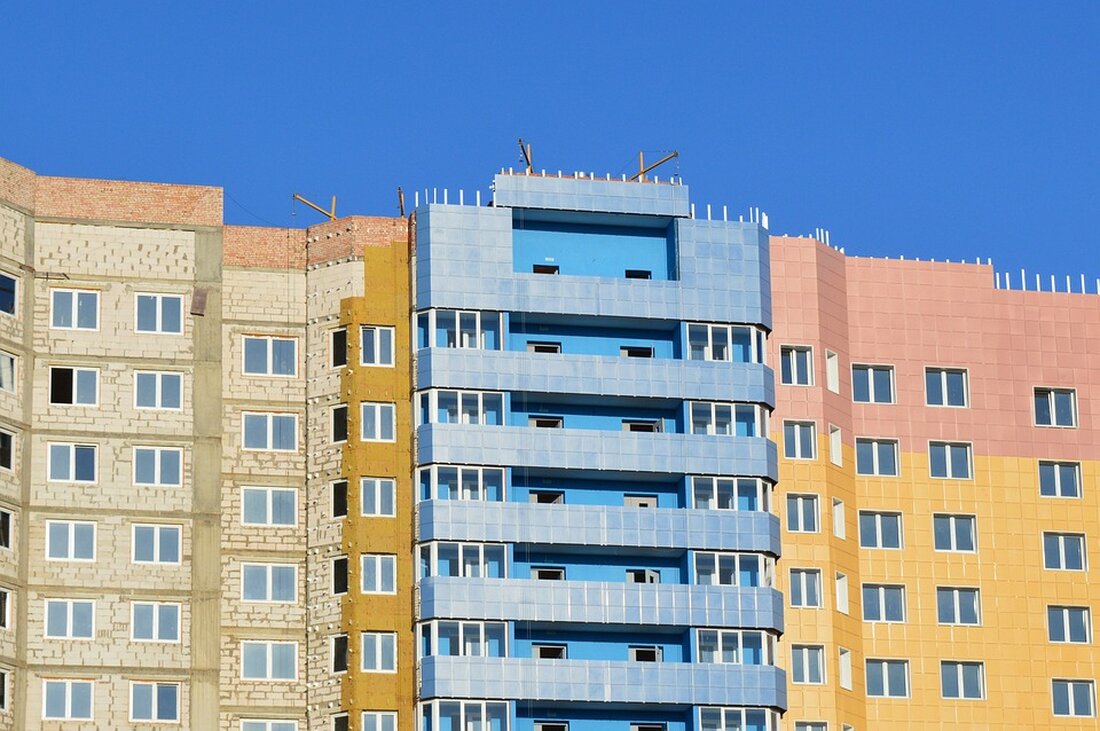Housing in Europe: New EU legislative period brings investment boost and hope for living space
Housing in Europe: New EU legislative period brings investment boost and hope for living space
Lack of living space in Europe: Real estate industry expects investment boost
The real estate industry sees the new EU legislative period the chance to start a real investment boost in order to drive Europe's economy and find a solution to the lack of living space. The Central Real Estate Committee (ZIA) calls for “Free Railway for Investments” and emphasizes the need that Europe offers more freedom to enable investments on a broad front and thus create new jobs. Lack of living space has shown in the last European elections that it can lead to social inequality and therefore urgently needs to be tackled. The Zia President, Iris Schöberl, emphasizes the great openness in the European Commission and in Parliament on this topic and sees the creation of a residential commissioner as a strong signal.
climate protection and building efficiency:
Another challenge is to better use the existing potential for more climate protection for buildings in Europe. The ZIA criticizes the fact that the current taxonomy for building investments is only applied to buildings that already meet the highest energy standards. As a result, older buildings with low efficiency are largely disregarded, although considerable CO2 savings would be possible here through renovations. The ZIA demands that the logic "Worst First" of the European Building Efficiency Directive (EPBD) are also applied to taxonomy. This would promote investments in the renovation of inefficient buildings and made a contribution to climate protection.
bureaucracy and regulation:
The real estate industry wants to become a driver of growth and competition again in Europe, but currently sees a high regulation and bureaucracy as an investment. The members of the ZIA want to invest, but are slowed down by the difficult financing environment and the bureaucratic hurdles. In particular, the disclosure regulation (SFDR), which should actually regulate reporting on sustainability, is used in practice as a label for funds and may promote greenwashing instead of transformation. The ZIA President therefore calls for an adjustment of this regulation to set clear incentives for investments in sustainable transformation.
Digital solutions for housing:
Another important accelerator for growth in Europe is the improvement of public administration and the acceleration of approval processes. In Germany in particular, there is a need for better organized and faster public administration. Consistent digitization could significantly simplify approval processes, which could lead to both renovations and new buildings.
Europe has the opportunity to become a driver of growth and competition again. With more investments in housing, efficient climate protection and reducing bureaucracy and regulation, Europe's economy can be started and the lack of living space can be combated. The real estate industry is ready to invest in this future and hopes for a positive development in the new EU legislative period.


Kommentare (0)